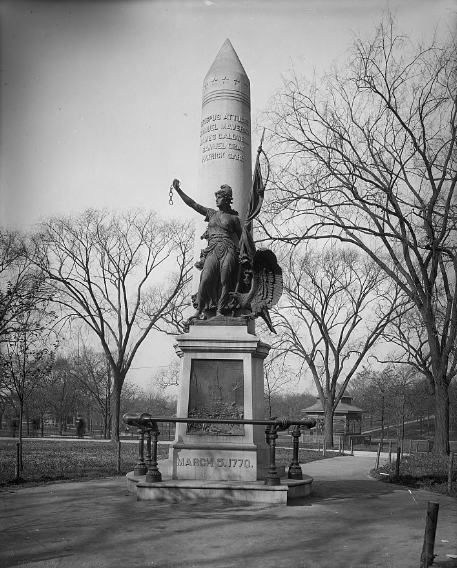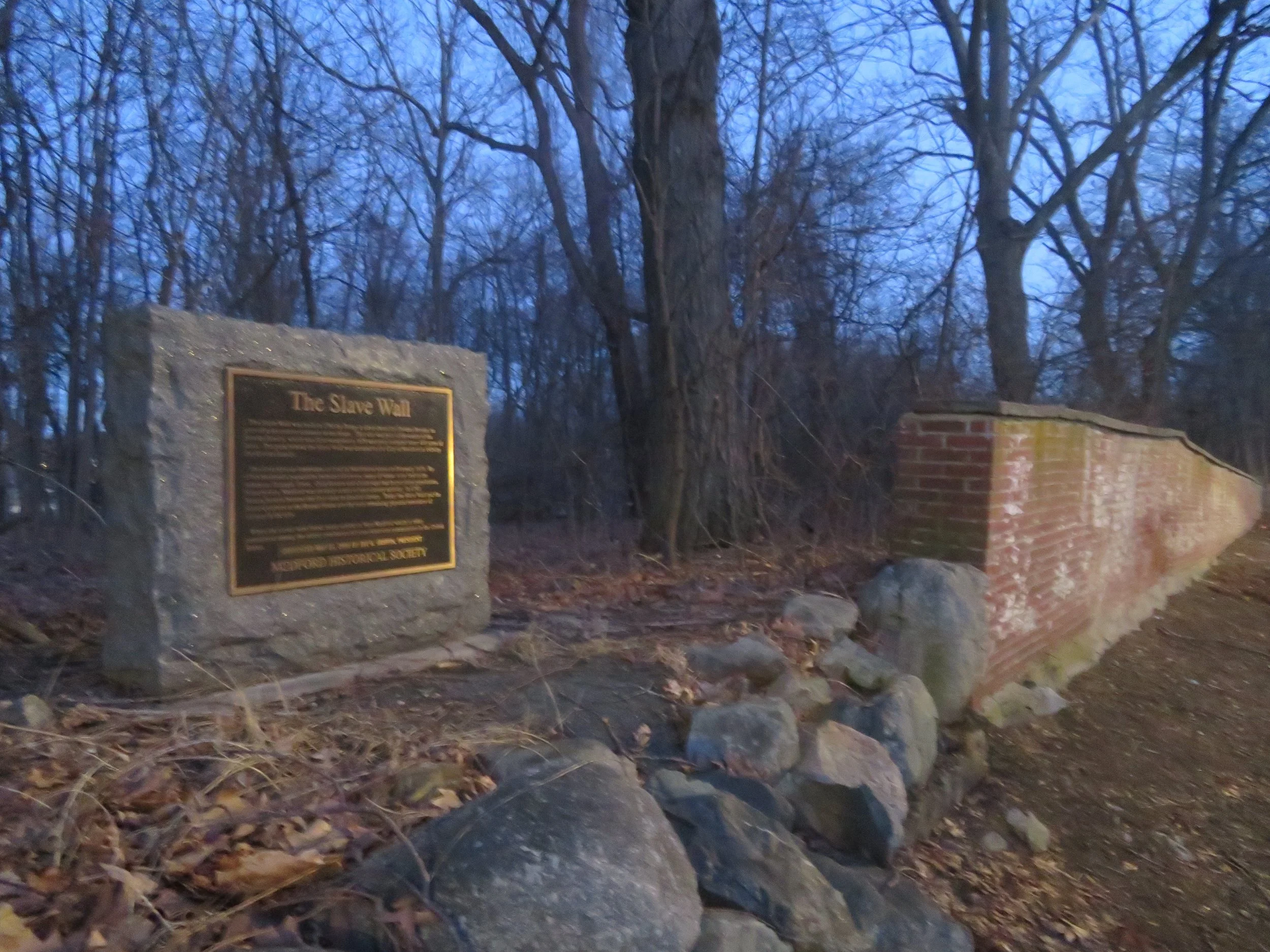18TH Century
During the eighteenth century, as ideas of Enlightenment and early republicanism spread throughout the Atlantic world, Massachusetts’ African descended population defined freedom and equality on their own terms. In 1700, for instance, an enslaved man known as Adam challenged his owner, the wealthy merchant, John Saffin, after Adam was denied his promised freedom. This led to the publication of the first anti-slavery pamphlet in the colonies, Samuel Sewall’s "The Selling of Joseph" (1700). When Adam won his freedom in 1703, he moved to Boston, joining over 500 other black residents. Still, people of African descent, free and enslaved, constantly fought against institutions that denied their humanity. Even though Bostonians founded one of the first anti-slavery organizations in the colonies, Samuel Sewall opposed interracial relationships, and questioned the capacity of free black people to conform to Massachusetts politics and culture. Consequently, although free people of African descent accounted for nearly 80% of Boston’s black population in 1750, strict colonial policies challenged their very existence. Many New England towns, for instance, had “warning out,” policies that expelled free African and Native residents if white townspeople deemed them a “drain” on local resources. During the 1760s, even as free black communities formed at the base of Copp’s Hill and throughout Boston’s North End, the wealthy Wheatley family enslaved an African child, who they named Phillis. In addition to Phillis Wheatley, who published her first poem in 1767 while enslaved, African descended people like Prince Hall, Barzillai Lew, and Elizabeth “Mum Bett” Freeman fought in the Revolutionary War, sued for their freedom, and joined Indian theologians like Samson Occom, who participated in New England culture and politics on their own terms. A man of mixed African and Wampanoag descent, Crispus Attucks, was the first to fall in the Boston Massacre in 1770, while enslaved people from Stockbridge to Medford petitioned the colonial legislature for an end to slavery. As a result of these and other actions by African descended people, in a series of court cases between 1781 and 1783 the newly formed Massachusetts legislature held that slavery was incompatible with the new state constitution. Although slavery was not formally abolished until passage of the thirteenth amendment in 1865, by 1790, Massachusetts was the first state to list no slaves in its first Federal Census.









